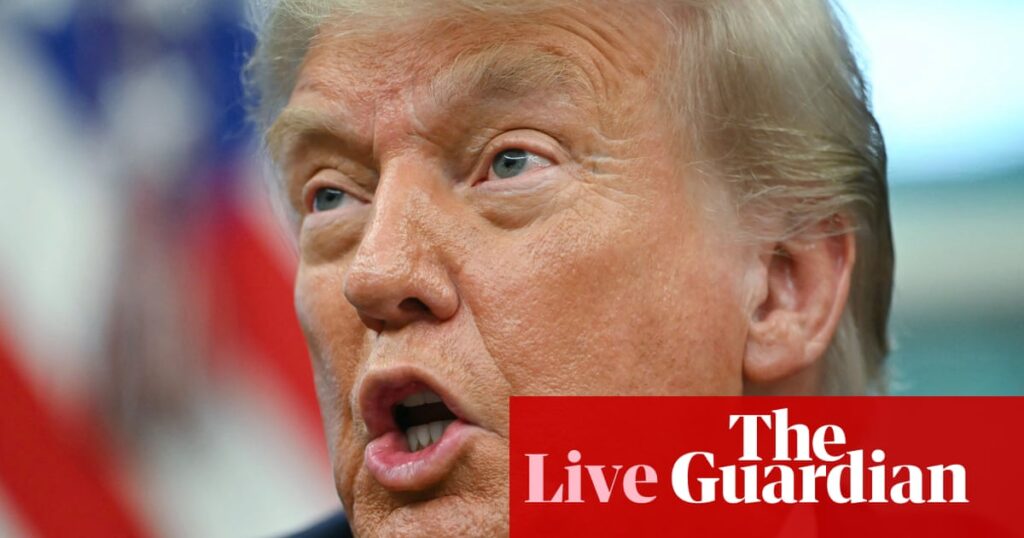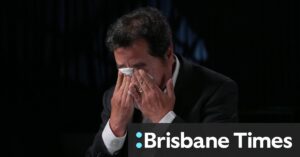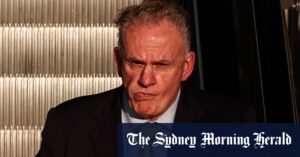
In a recent series of statements, former U.S. President Donald Trump has expressed his dissatisfaction with Russian President Vladimir Putin’s actions regarding the ongoing conflict in Ukraine. Speaking at a cabinet meeting, Trump described the war as one that “should have never happened,” emphasizing the human toll it has taken. “A lot of people are dying and it should end,” Trump stated, highlighting the futility of the conflict.
Trump’s comments on Putin were particularly pointed, describing the Russian leader as being “very nice all the time,” yet ultimately “meaningless” in his actions. When asked about the possibility of imposing further sanctions on Russia, Trump indicated that he is “looking at it,” suggesting potential future measures.
Federal Takeover of Washington, D.C. Floated Again
In the same cabinet meeting, Trump revisited the idea of a federal takeover of Washington, D.C., a notion he has previously suggested. He mentioned that his chief of staff, Susie Wiles, was in communication with the city’s mayor, Muriel Bowser. This proposal, which would require an act of Congress to repeal the 1973 Home Rule Act, remains controversial and unlikely to progress.
Under current home rule, Congress reviews all laws in the city and can overturn some of them. Trump’s suggestion reflects ongoing tensions between federal and local governance in the nation’s capital.
Trade Policies and Tariffs: A Focus on Copper
Trump also announced plans to impose a 50% tariff on imported copper, a move aimed at bolstering domestic production of the metal, which is critical for various industries, including electric vehicles and military hardware. This decision follows a Section 232 investigation into U.S. imports of copper, initiated in February.
The tariffs are part of Trump’s broader strategy to strengthen U.S. manufacturing and reduce reliance on foreign imports. The administration’s approach mirrors previous actions taken during Trump’s first term, such as the imposition of global tariffs on steel and aluminum.
Ceasefire in Gaza: Hope for Resolution
Meanwhile, Trump’s Middle East envoy, Steve Witkoff, announced the potential finalization of a 60-day ceasefire agreement in Gaza by the end of the week. Witkoff noted that proximity talks had narrowed outstanding issues, raising hopes for a temporary halt in hostilities.
“We are hopeful that by the end of this week, we will have an agreement that will bring us into a 60-day ceasefire,” Witkoff said. “Ten live hostages will be released. Nine deceased will be released.”
Trump expressed his intent to discuss the situation with Israeli Prime Minister Benjamin Netanyahu, emphasizing the complexity and tragedy of the conflict.
National Security and Foreign Land Ownership
In a separate development, the U.S. government announced a ban on the sale of U.S. farmland to Chinese buyers and other foreign adversaries. Agriculture Secretary Brooke Rollins, alongside Defense Secretary Pete Hegseth and Homeland Security Secretary Kristi Noem, cited national and food security concerns as the driving force behind this decision.
The move aims to prevent foreign entities from controlling critical agricultural resources, with a focus on land near military installations. Chinese investors currently own 265,000 acres of U.S. land, a figure that has decreased from 384,000 acres in 2021.
Looking Forward: Implications and Consequences
As Trump navigates these complex issues, the implications of his decisions will reverberate both domestically and internationally. The potential sanctions on Russia could escalate tensions, while the proposed tariffs on copper may impact global trade dynamics.
The federal takeover of Washington, D.C., if pursued, would challenge the current balance of power between local and federal authorities. Meanwhile, the ceasefire in Gaza, if achieved, could provide a much-needed respite in the region.
Overall, Trump’s actions and proposals underscore a continued focus on national security, economic independence, and geopolitical strategy. As these developments unfold, their impact on international relations and domestic policy will be closely monitored.





